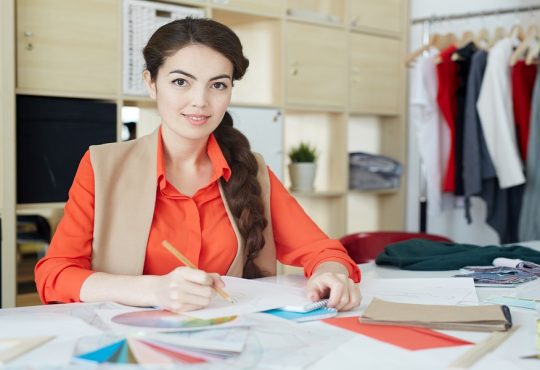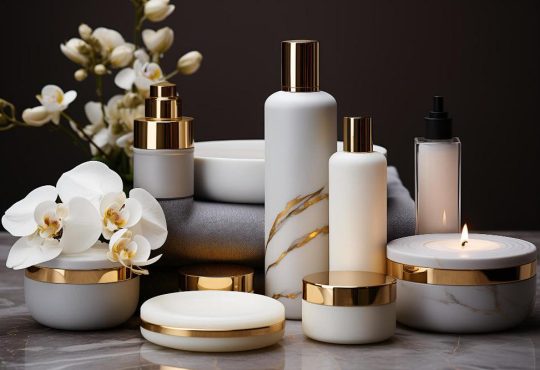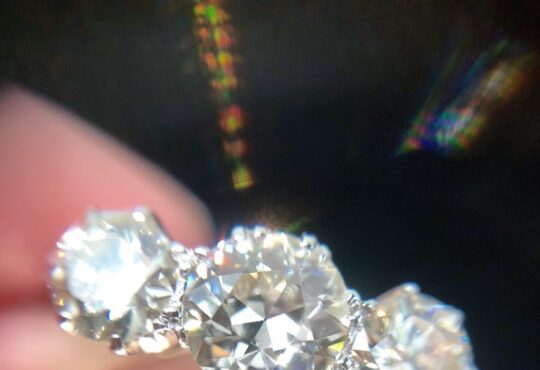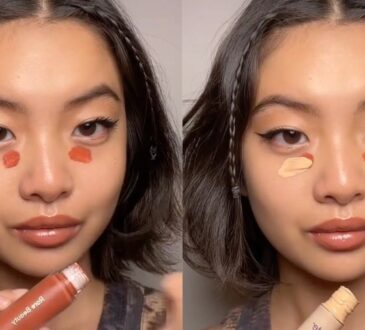The Role of Makeup in Cultural and Historical Contexts

The use of makeup dates back to ancient civilizations, where it played a significant role in cultural and historical contexts. From enhancing beauty to symbolizing social status, makeup has served various purposes throughout history.

Ancient Egypt
Ancient Egyptians are known for their love of makeup. They believed that cosmetics had magical powers and could protect them from evil spirits. Women in ancient Egypt used kohl to line their eyes, creating a dramatic effect. They also used henna to dye their hair and nails. Makeup was not just an adornment; it was a symbol of social status. Wealthy women would wear elaborate makeup, while poorer women would use simpler versions.
Medieval Europe
In medieval Europe, makeup was associated with sin and immorality. The church condemned the use of cosmetics, and women who wore makeup were considered to be witches. However, this attitude changed during the Renaissance when makeup became fashionable. Women used lead-based makeup, which was harmful to their skin, but they still used it to achieve a pale complexion, which was considered beautiful at the time.
Japan
In Japan, makeup has been an essential part of the culture for centuries. Geishas, who were female entertainers, used makeup to create a porcelain-like complexion. They also painted their lips and eyebrows with bright colors to enhance their beauty. In modern Japan, makeup is still popular, and women use it to achieve a natural, flawless look.
India
In India, makeup has been used for centuries in religious ceremonies. Women apply bindis, which are small decorative stickers, on their foreheads as a symbol of their faith. Henna is also used to decorate the hands and feet during weddings and other celebrations. Makeup is also used to enhance beauty, with women using kohl to line their eyes.
Modern Times
Today, makeup is a multi-billion-dollar industry, with women and men using it to enhance their appearance. Makeup is no longer just for women, as more men are embracing makeup to achieve a polished look. Makeup has become more diverse, with brands offering a wider range of shades to cater to different skin tones. In recent years, makeup has also become a tool for self-expression, with people using it to express their creativity and individuality.
The role of makeup has evolved over time, from being a symbol of social status to a tool for self-expression. Makeup has played a significant role in cultural and historical contexts, and its use has varied across different societies. Today, makeup is more inclusive and diverse, reflecting the changing attitudes towards beauty and self-expression.







